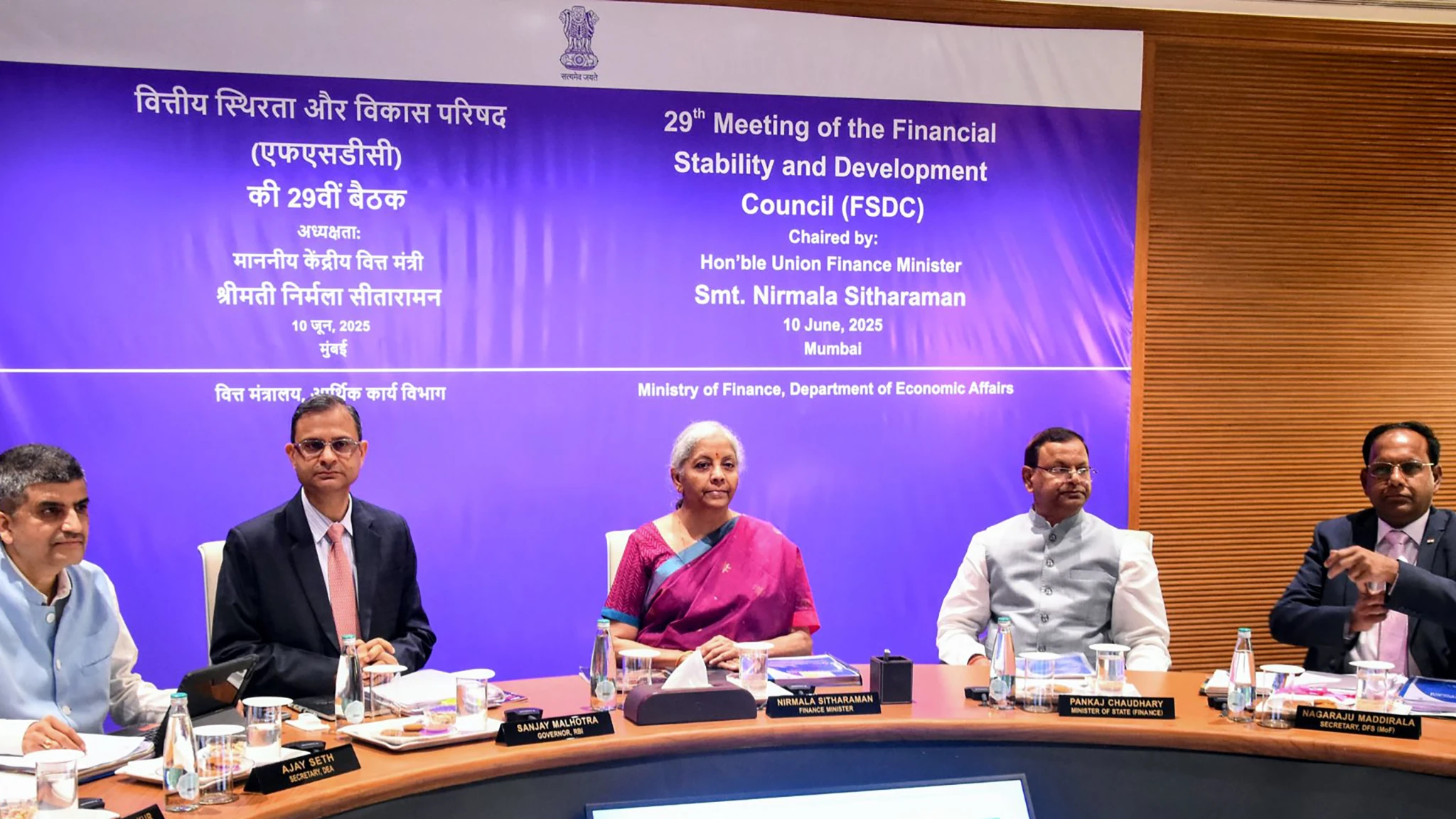SEBI’s Big Regulatory Relaxations
In a move that has sparked both optimism and apprehension, the Securities and Exchange Board of India (SEBI) has proposed a significant relaxation of regulations for registered investment advisers (RIAs). This decision comes as India grapples with a stark shortage of financial advisors, with only a meagre 961 RIAs currently serving a rapidly expanding investor base. The regulator’s intent is clear: to flood the market with more advisors by lowering the barriers to entry.
Easier Entry for New Advisors
The proposed reforms are sweeping. Aspiring RIAs will now find it considerably easier to qualify. The educational bar has been lowered to a simple graduate degree, a departure from the previous requirement of a post-graduate degree or a graduate degree coupled with five years of experience. The work experience criterion has been entirely scrapped, paving the way for fresh graduates to become registered advisors after clearing the necessary certifications. Furthermore, the need for RIAs to retake certification exams every three years for licence renewal has been removed. Instead, continuous professional development will be ensured through mandatory refresher courses. Even the financial burden of entry is being eased with the net worth requirement being replaced by a deposit linked to business size, ranging from ₹1 lakh to ₹10 lakh, designed to cover potential disputes.
Quality Versus Quantity of Advice
While the desire to increase the number of RIAs is understandable, questions arise about the potential impact on the quality of financial advice. India is witnessing a surge in financialisation of savings, yet a concerning trend of investors chasing short-term gains and succumbing to speculative fads is also evident. The role of a qualified advisor is crucial in guiding investors away from herd mentality and towards a disciplined, long-term financial strategy. By significantly lowering the bar, SEBI risks diluting the quality of advisory services. The move, ostensibly aimed at countering the influence of unregulated “finfluencers”, might inadvertently unleash a wave of less experienced RIAs, some of whom may be tempted to leverage their credentials for marketing purposes, potentially misleading investors. It is a delicate balancing act – addressing the advisor shortage without compromising investor protection.
Business Cycle Funds in Focus
In related news, Motilal Oswal Asset Management Company (MOAMC) has launched a new thematic fund, the “Business Cycle Fund”. This fund taps into the concept of business cycles, investing dynamically across sectors based on the prevailing economic phase. While such thematic funds can offer opportunities, they are inherently riskier than diversified funds and are best suited for seasoned investors with a longer investment horizon and a deeper understanding of market dynamics. The launch highlights the growing sophistication of investment products in the Indian market, but also underscores the increasing need for sound and reliable financial advice, the very aspect that SEBI’s relaxed regulations could potentially jeopardise.
Will SEBI’s gamble pay off? While more RIAs might enter the market, the crucial question remains whether this increase in quantity will translate into quality advice that truly benefits the burgeoning investor community. Careful monitoring and vigilant oversight will be essential to ensure that the pursuit of wider access does not come at the cost of investor protection and sound financial guidance.
Image Courtesy: X (Sandeep Singh)










Leave a Reply